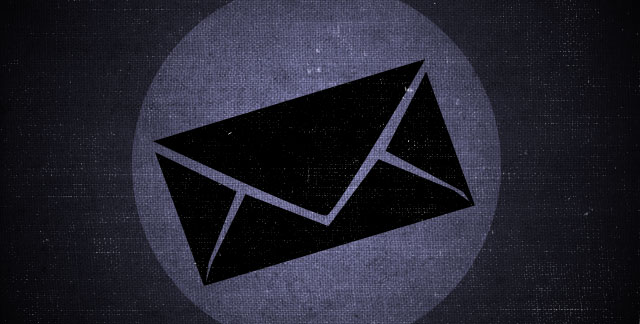
A House judiciary panel will attempt on Wednesday to pass new privacy measures to protect Americans’ email and digital communications from warrantless government spying.
With broad bipartisan support, including more than 300 co-sponsors, the Email Privacy Act is expected to pass committee, but with some last-minute changes to it made by Judiciary Committee Chairman Bob Goodlatte (R-Va.).
Late last week, Rep. Goodlatte proposed stripping out a provision that required the government to notify citizens after ten days that it had collected emails from their provider, The Hill reported. The measure does still allow for tech companies to notify customers about government obtained emails.
Although the watered-down transparency in Goodlatte’s amendment could tick off digital privacy cohorts, the underlying aim of the legislation remain intact, which is to close a loophole within the 1986 Electronic Communications Privacy Act (ECPA). The outdated law allows the government to read an individual’s stored email if it is more than 180 days old, using only a subpoena. The Email Privacy Act would up that standard to a probable cause warrant.
Civil enforcement agencies like the Securities and Exchange Commission (SEC) and the Federal Trade Commission (FTC) have lobbied against the legislation, claiming it could hinder their investigations into civil misconduct. They’ve asked for exemptions that would allow them to seek certain kinds of stored digital records through a court-process that’s separate from warrant-seeking.
Lawmakers, however, have argued that all federal agencies must abide by the same constitutional restraints.
“We do not expect our private letters or photos stored at home to lose Fourth Amendment protection simply because they are more than six months old. Neither should our emails, texts, or other documents we store in the cloud,” Sen. Patrick Leahy (D-Vt.) said during a hearing on the matter last September. He introduced companion legislation in the Senate known as the ECPA Amendment Act.
The Hill also reported that Rep. Goodlatte denied federal law enforcement requests to include language mandating tech companies hand over communications to the government in certain emergency situations without the need of a warrant. The Chairman’s amendment included no such special exceptions.
Our most important fundraising appeal of the year
December is the most critical time of year for Truthout, because our nonprofit news is funded almost entirely by individual donations from readers like you. So before you navigate away, we ask that you take just a second to support Truthout with a tax-deductible donation.
This year is a little different. We are up against a far-reaching, wide-scale attack on press freedom coming from the Trump administration. 2025 was a year of frightening censorship, news industry corporate consolidation, and worsening financial conditions for progressive nonprofits across the board.
We can only resist Trump’s agenda by cultivating a strong base of support. The right-wing mediasphere is funded comfortably by billionaire owners and venture capitalist philanthropists. At Truthout, we have you.
We’ve set an ambitious target for our year-end campaign — a goal of $250,000 to keep up our fight against authoritarianism in 2026. Please take a meaningful action in this fight: make a one-time or monthly donation to Truthout before December 31. If you have the means, please dig deep.